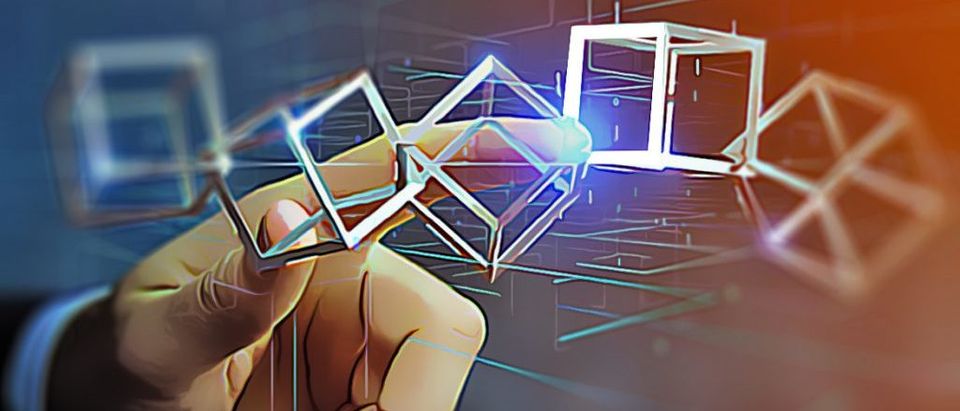The European Union prioritizes innovation in its policies. Regarding blockchain technology, former commissioner Valdis Dombrovskis stated in 2020 that “Europe must embrace this innovation to remain competitive.” According to Article 173 of the Treaty on the Functioning of the European Union (TFEU), the European Union and its member states must seek to increase the competitiveness of the Union, which includes encouraging innovation and technical advancement. And in our view, public bodies may promote innovation by adopting blockchain technology quickly. Early adoption by public institutions gives the technology credibility and builds confidence, two essential elements for widespread adoption.
Typically, most projects and initiatives are conducted at a national level. One notable example is Sweden, which is testing distributed ledger technology for land registries. Sweden’s initiatives regarding the usage of blockchain technology in land registries follows on the heels of Georgia, the Caucasus country which became the first implement distributed ledger technology in the registration of land titles. Elsewhere in Europe, to address concerns about transparency and accountability, Ukraine teamed up with Bitfury to place public data (state registers, public services, social security, public health, and energy) on a blockchain. Finally, Turkey has the Tykn project, which helps the nation’s extensive existing refugee population by reducing paperwork and manual verification processes conducted during work permit applications.
However, for larger projects, the European Union can be an appropriate actor. Recently the EU has launched the Digital Europe Program, which will provide strategic funding to develop digital technology and infrastructure, supporting projects in five key capacity areas. These areas include supercomputing, artificial intelligence, cybersecurity, advanced digital skills, and ensuring a wide use of digital technologies across the economy and society, including through digital innovation hubs and existing blockchain initiatives.
Among existing initiatives, it is worth mentioning the Horizon Europe program and the European Blockchain Services Infrastructure (EBSI). The Horizon Program intends to finance blockchain research and innovation through grants, awards, and investment support. Areas of innovation include e-identity and decentralized data management, healthcare and education, privacy and cybersecurity, the Internet of Things (IoT), smart grids and cities, music and media, industrial technologies, the environment, and the circular economy.
EBSI runs a blockchain-based services infrastructure. Its initial focus will be notarization, managing the European digital identity system, diplomas and educational qualifications, and trustworthy data sharing. This could potentially evolve into a shared infrastructure, with an interoperable ecosystem that will permit the creation, introduction, and operation of EU-wide cross-border digital services in the public sector.
These initiatives encourage discussion between governments and outside specialists, enabling both parties to come to an understanding of their unique needs and the areas where a new technology promises to be most helpful. We are only starting to see how blockchain is expanding frontiers and reshaping the future.
Members of the editorial and news staff of the Daily Caller were not involved in the creation of this content.


